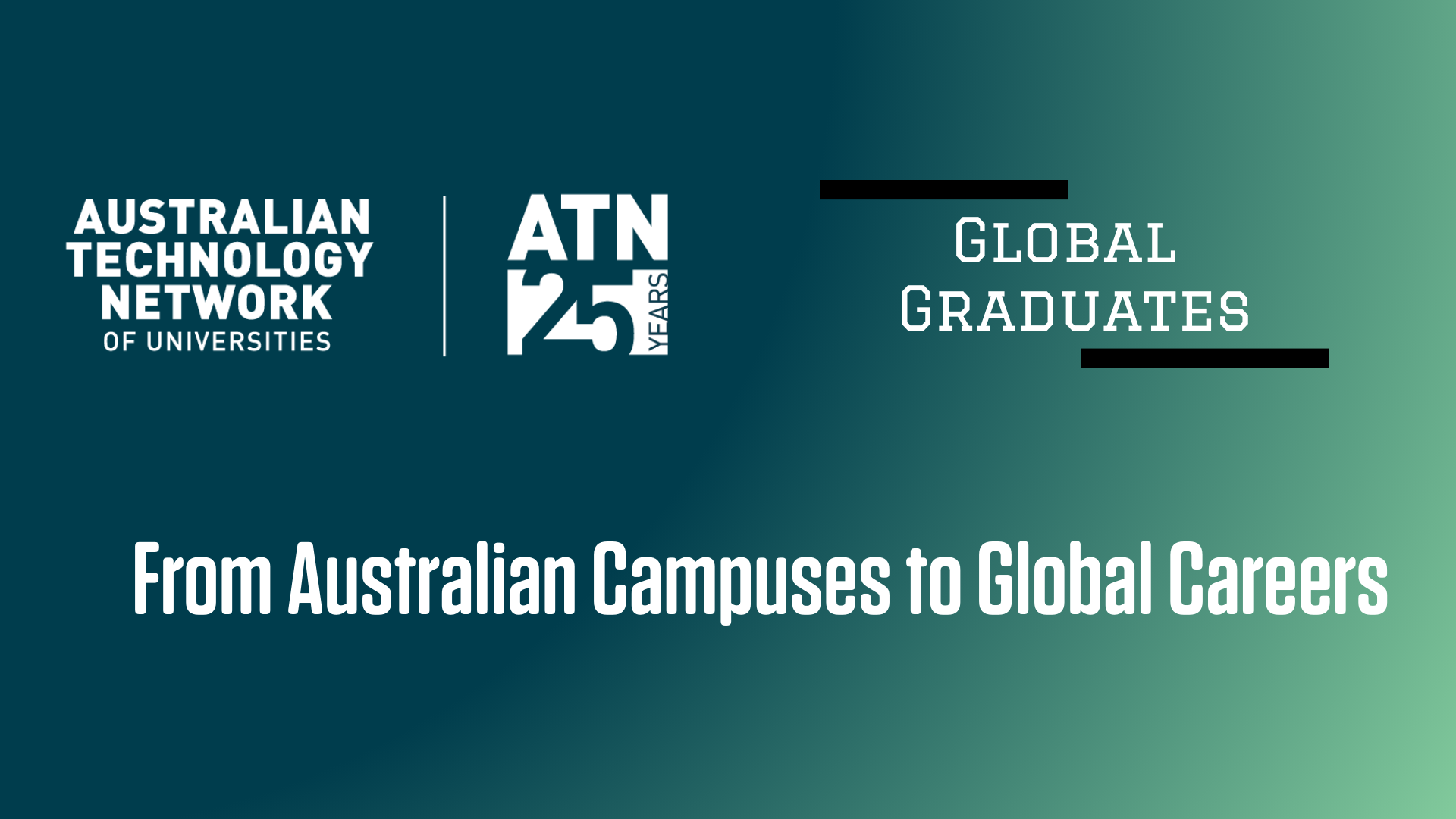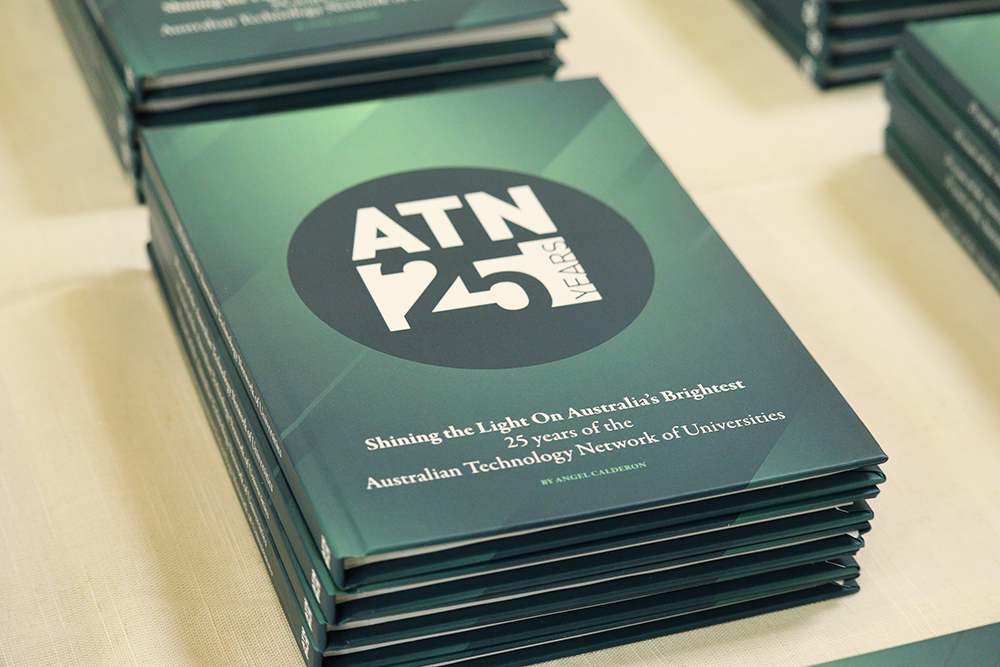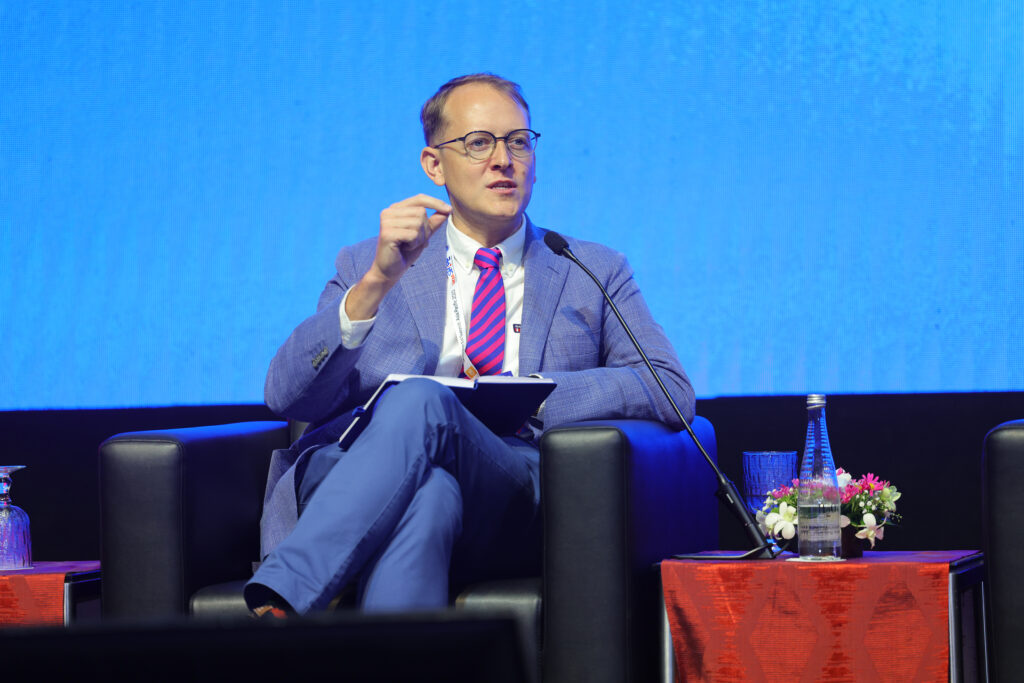ATN Universities’ Global Graduates series showcases some really exceptional people who studied at our member universities as international students. Three stayed in Australia after their studies. Two returned to Samoa and India. And one ended up splitting her time between Australia and Singapore.
Wherever they’ve landed, they’ve pursued remarkable paths. For example, just a few short years after graduating, Abid Khan (The University of Newcastle) built a company that fights food wastage and improves food safety through wireless temperature monitoring systems. Three other Global Graduates have founded companies in telecommunications, consulting and higher education. Yohanes Wondimkun is conducting ground-breaking research at the University of South Australia that will benefit the health of older Australians with diabetes. Samim Sultani overcame significant hurdles just to come to Australia to study teaching at RMIT.
Alongside their work, they have also found the time to champion social causes. UTS alum Madhavi Shankar’s company, SpaceBasic, donates one per cent of all profits to women’s education. SkyEye Pacific, run by Sam Saili (Deakin University) and his family, has empowered local street vendors in the Pacific to list their stalls online through the MAUA app and use an in-house payment platform. Dr Sandy Chong, who studied at Curtin University, created the Sustainable Development Goals Business Forum in Western Australia to involve the private sector in activism for human rights, and these days is focused on improving First Nations participation in trade markets and ESG activities.

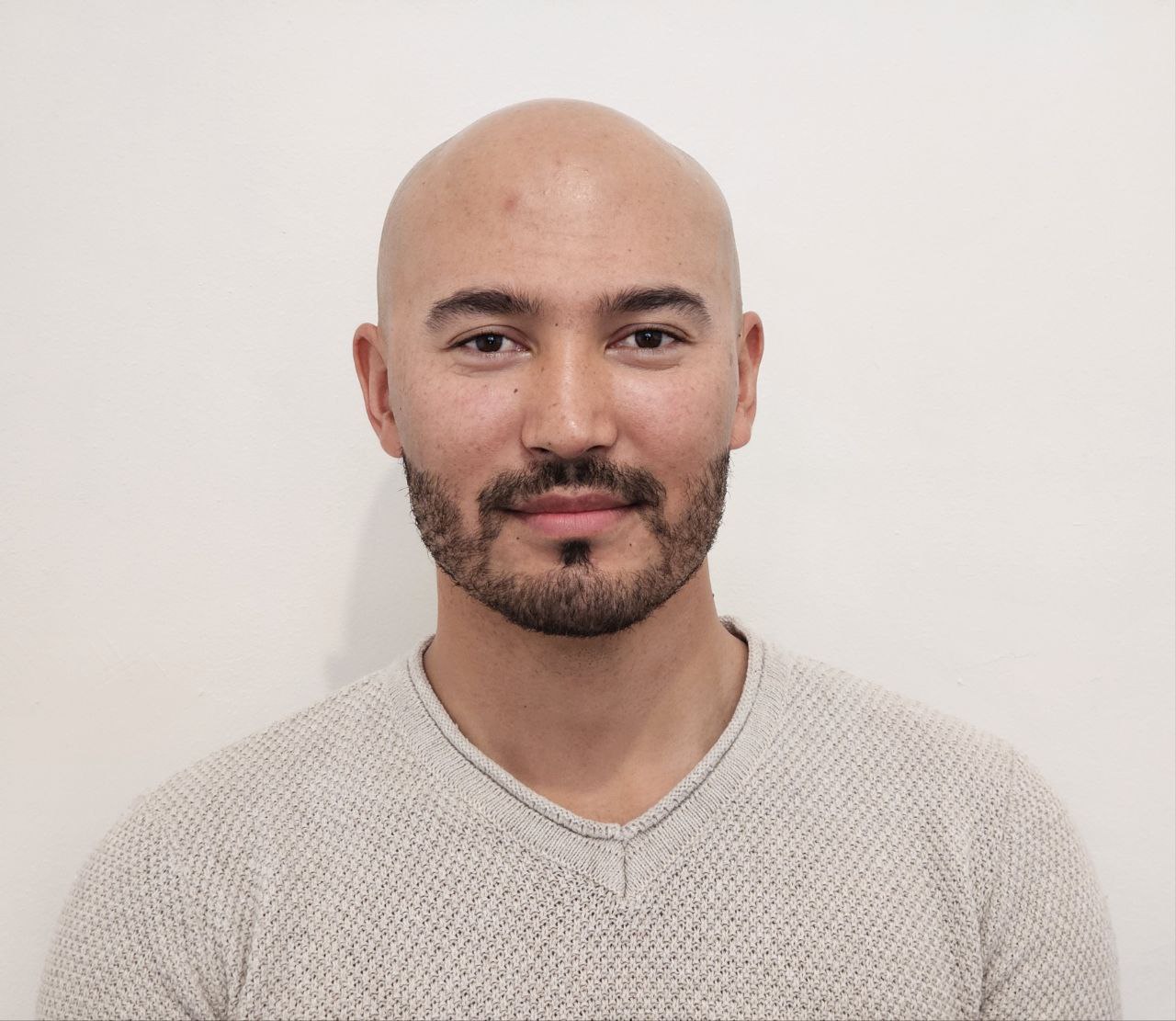
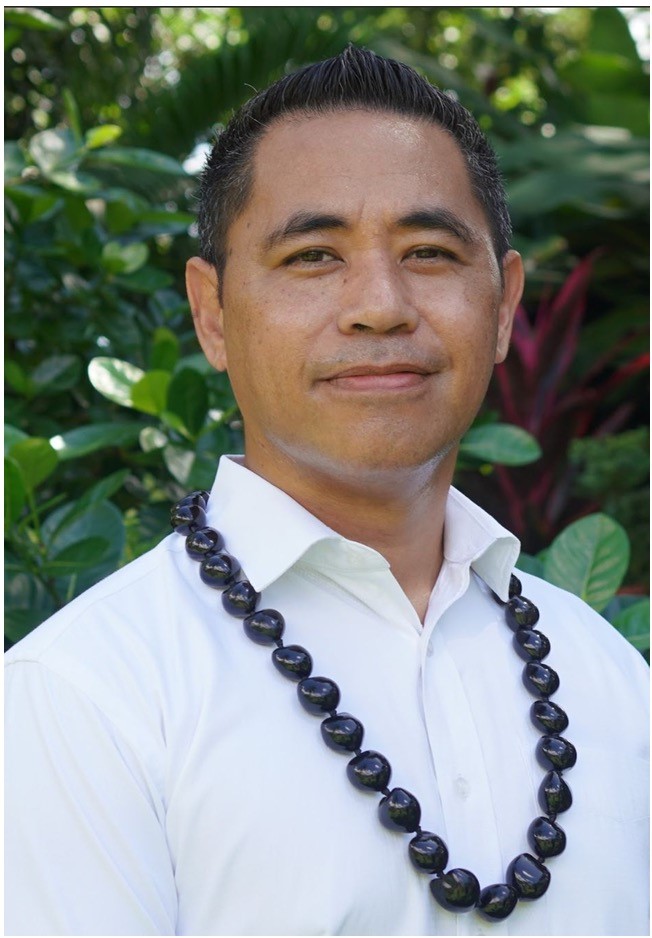
This is the value of international students in action. It’s not just about the benefits they bring to Australia during their studies, although there are plenty: they share their talents, knowledge and culture, and offer different perspectives, creating a richer experience for domestic students. They contribute to the economy, work in hard-to-fill part-time jobs, and their families and friends often come to experience Australia as well.
It’s also about the longer-term linkages: the careers forged in Australia and the region, and the fond associations they have from time spent studying here. Sam talks about how he and his fellow former international students from Malaysia, Singapore and Indonesia still support the Australian cricket team. Sandy remembers that her overriding first impression of Australia was that the country was so vast, she finally felt that her “lungs could breathe”. Madhavi noted that a culture of independent thinking in Australia made her more likely to make decisions and see them through.
This is soft power that can’t be manufactured, but it does require students to spend meaningful time in Australia. Transnational education, such as Australian campuses overseas, brings high-quality education to the world, and gives students a taste of Australia. But it’s immersion in an Australian life that builds the strongest bonds to the country.
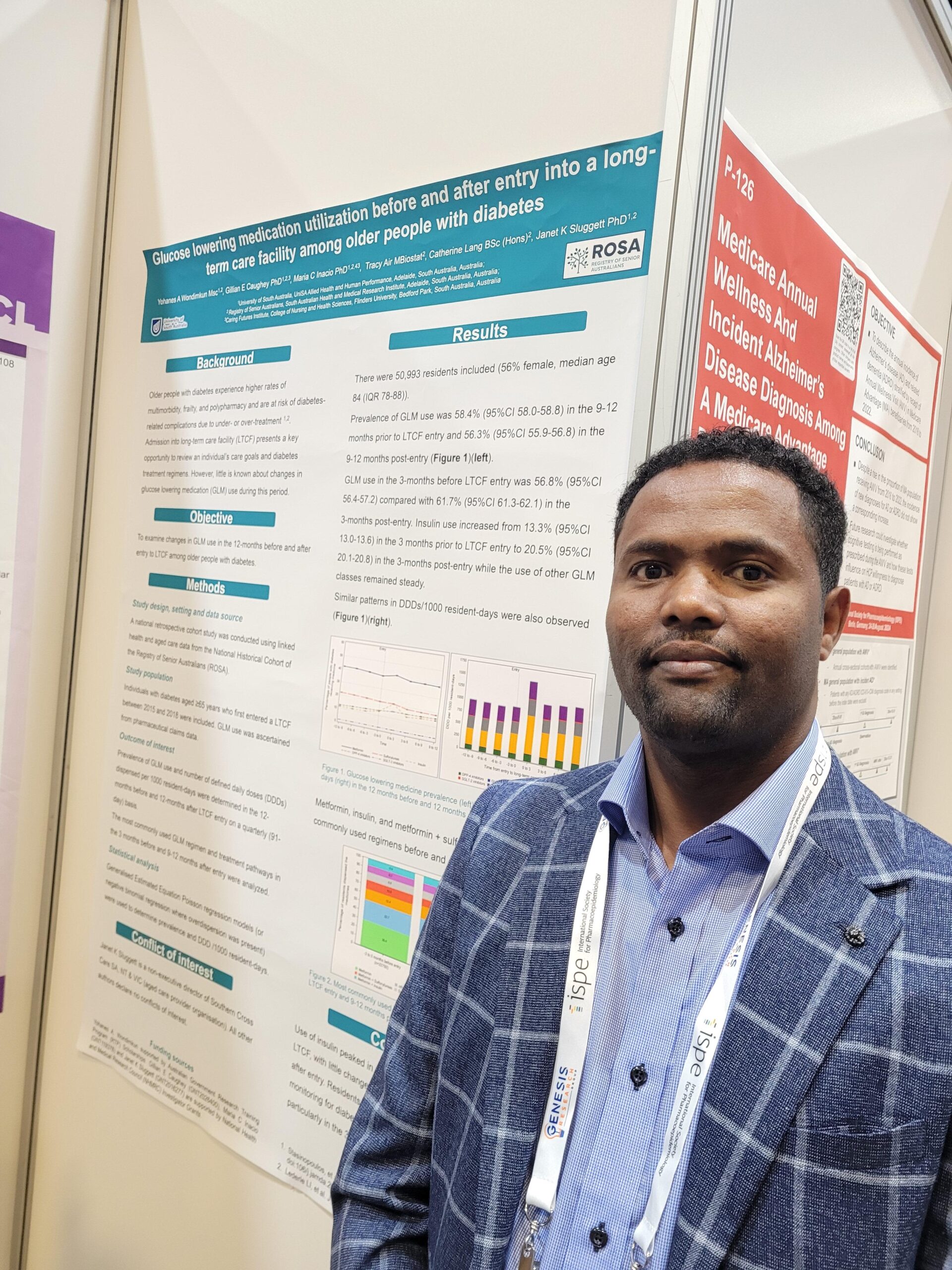
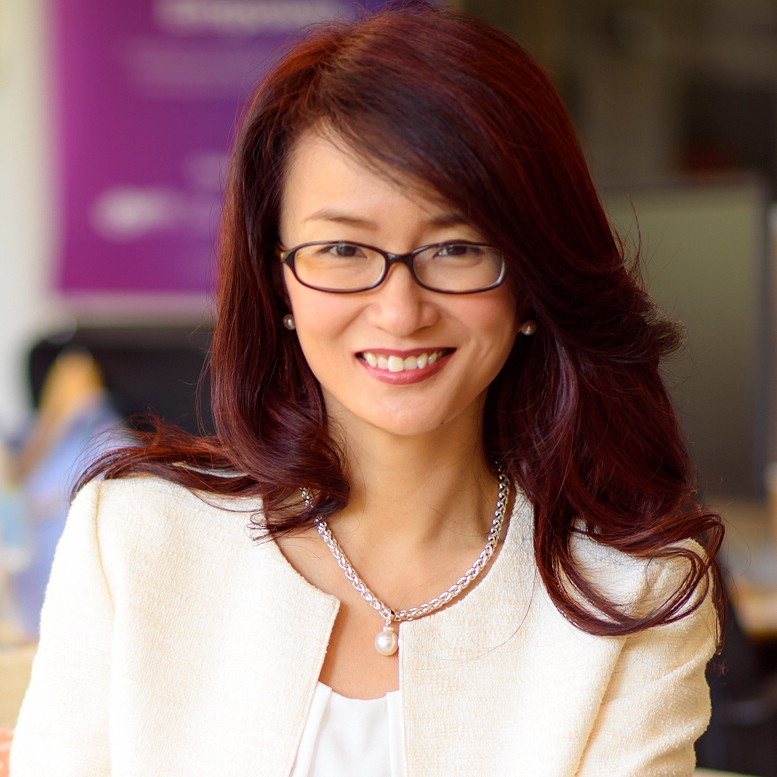
Each year, ATN’s member universities collectively educate almost 40,000 of Australia’s onshore international students, and a similar number offshore. Our international students are hugely diverse, and that diversity is increasing over time. Our top ten markets including regional neighbours Thailand, Vietnam, India and Indonesia and those further afield like Brazil and Türkiye.
These are just six stories. Continuing to welcome international students to Australia continues our ability to generate these impacts and goodwill, build ongoing links with their countries of origin, and enjoy the multiplier effect that comes from talented and driven people creating new innovations. Many credit the international environment at their institutions of choice as contributing to their success, citing the fact that Australian universities attract talent from all over the world, the multicultural environment, and exposure to different opportunities and thought leadership.
Australia should be proud of the reputation the sector has built over decades in delivering high-quality international education. We must work collectively to reiterate that pride, celebrate the contribution and impact of international students, and recognise international education for the force multiplier it is in building enduring relationships between Australia and the rest of the world.
